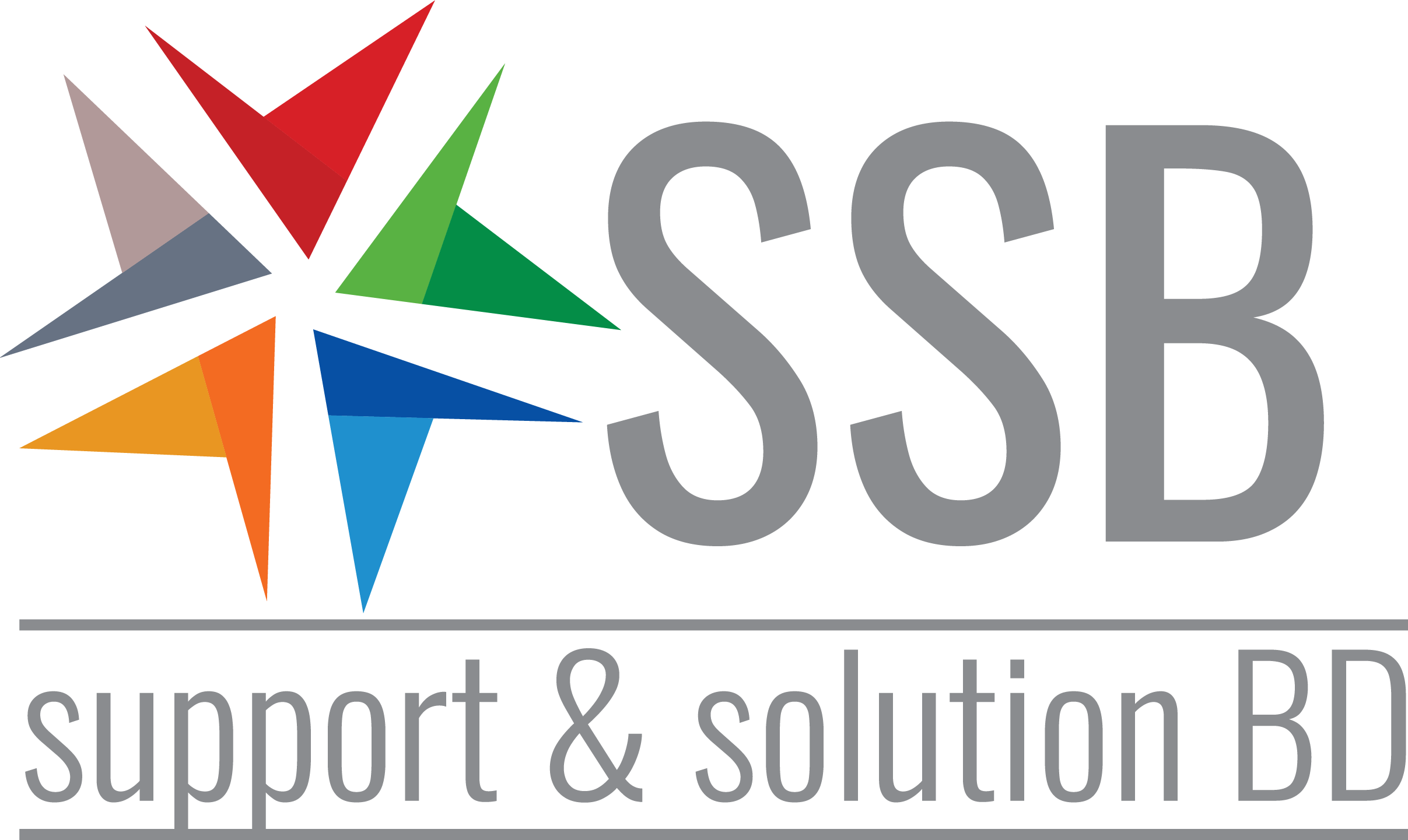- “We aspire to become a world-class media and event solutions company that elevates people’s thoughts, culture, and business to new heights. We believe in the power of every story—the power to touch hearts, bring change to people’s lives, and ignite new dreams. Our goal is to build a lasting bridge between brands and society through technology, creativity, and strategic innovation. A future where creative ideas, technology, and culture unite to take both society and brands to greater heights. We want every project to light a spark in people’s minds and remain a source of inspiration for generations to come. That is why “SupportSolutionBD” is working to create a future where creativity, impactful communication, and sustainable development move forward together.”
![28879869_4860 [Converted]-01 28879869_4860 [Converted]-01](https://supportsolutionbd.com/wp-content/uploads/2025/09/28879869_4860-Converted-01-scaled-600x500.jpg)
OUR VISION
HOT LINE:
+880 1886 100 345




Our Running Program
Connecting 300 Constituencies, Building a Stronger Bangladesh
Support Solution BD is proud to launch a nationwide program covering all 300 parliamentary constituencies of Bangladesh. This unique initiative is designed to highlight the diversity, culture, heritage, challenges, and opportunities of every constituency, while creating a strong bridge between the people, their representatives, and the nation.
🎯 Program Objectives
-
To showcase the heritage, lifestyle, and culture of each constituency.
-
To identify the local challenges and opportunities that matter most to the people.
-
To promote effective communication between leaders and citizens.
-
To encourage inclusive development and sustainable solutions.
-
To strengthen the bond of unity across all 64 districts and 300 constituencies.
🌐 Program Highlights
✅ Coverage of all 300 constituencies across Bangladesh.
✅ Engaging content through documentaries, interviews, digital campaigns, and reports.
✅ Integration of local voices with national development agendas.
✅ Use of modern media and technology for maximum outreach.
✅ A platform that bridges culture, leadership, and progress.
🚀 Our Vision
Through this program, Support Solution BD aims to ensure that every constituency’s voice is heard, every story is told, and every region is represented with dignity. We believe this initiative will not only strengthen democratic engagement but also inspire sustainable growth for the future of Bangladesh.




Contact Info

📩 Let’s Stay In Touch
We’d love to hear from you! Whether you’re planning an event, exploring collaboration, or simply curious about our services, SupportSolutionBD is always here to connect.
📍 Office Address
10/20, Eastern Plaza (9th Floor)
Bir Uttam C.R. Dutta Road, Hatirpool, Dhaka – 1205
📞 Phone: +88 01886-100345
📧 Email: infossb2024@gmail.com
Follow us on our social platforms to stay updated with the latest projects and events.

